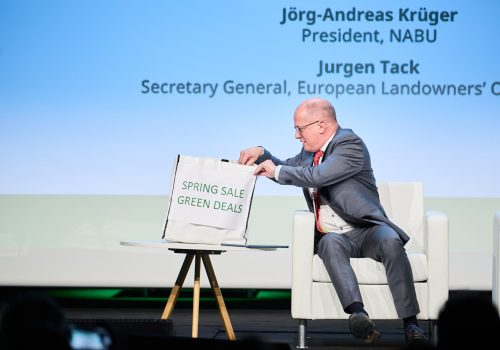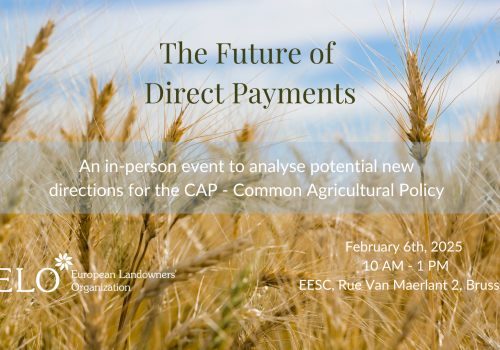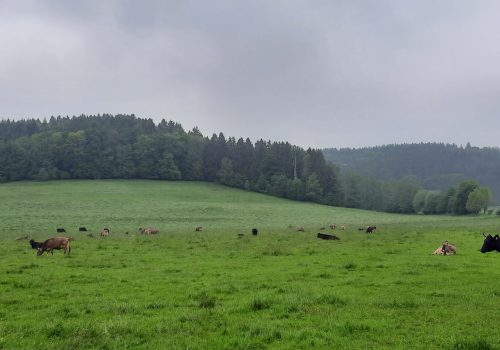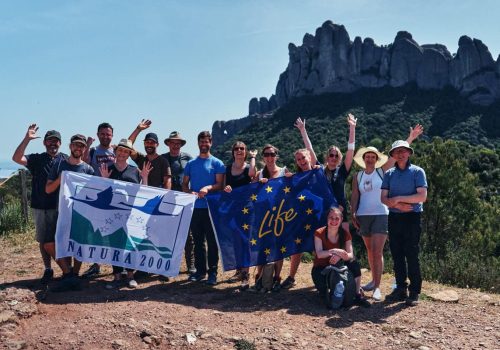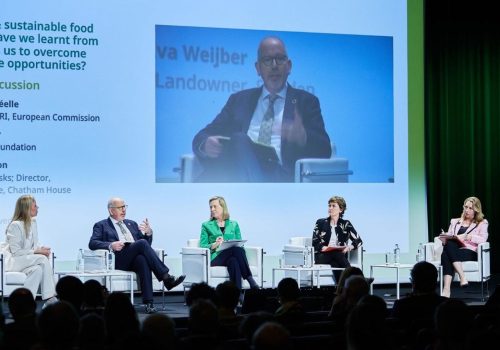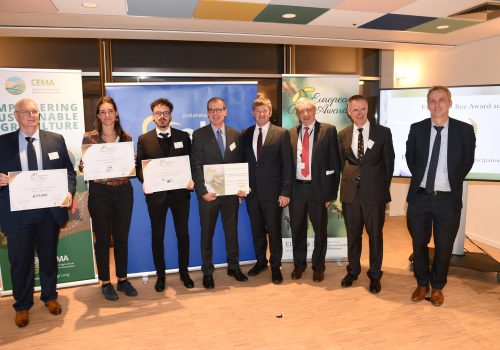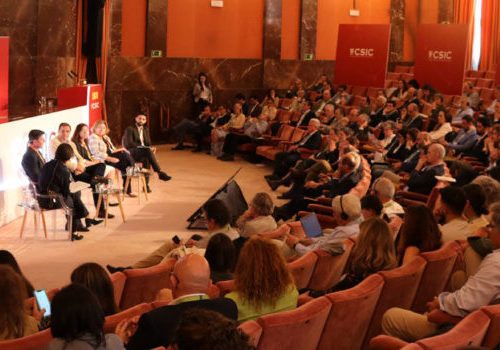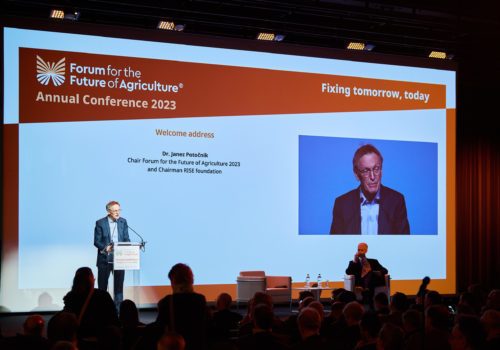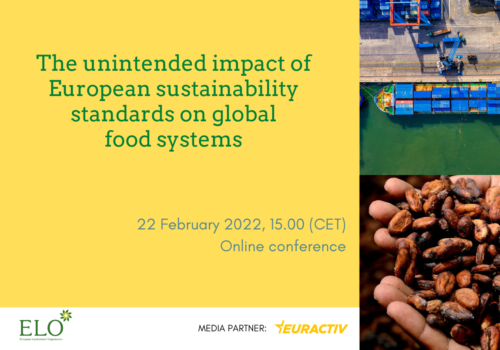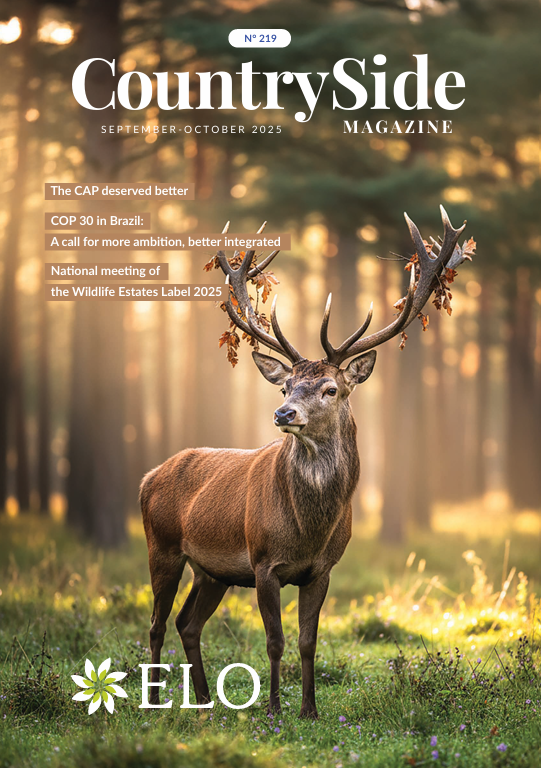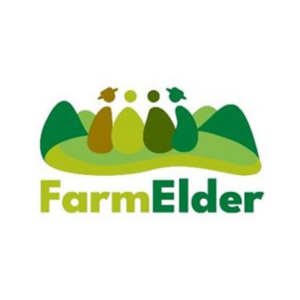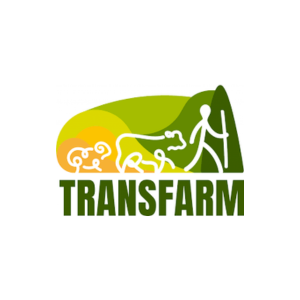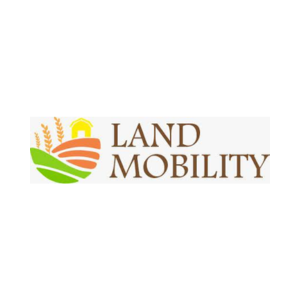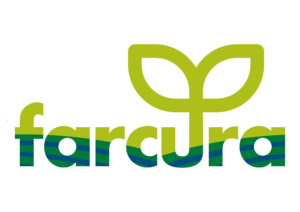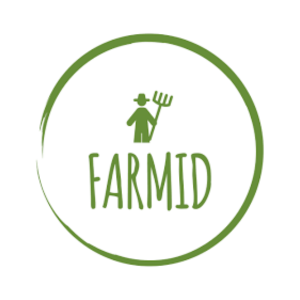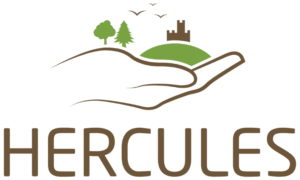Land & Property rights
ELO strongly supports free movement and property rights across all EU Member States, as it is vital for a sustainable rural economy. With 27 national frameworks in place, it is crucial to avoid over-regulation. Access to land must benefit current and future landowners and farmers, ensuring well-functioning land and forestry markets.
In 2024, ELO focused among others on taxation, inheritance, land tenure, diversifying sources of income and adapting business models, and infrastructure, advocating for rural jobs, services, and economic diversity while equipping members with the tools to defend their basic rights. ELO advocated also for these issues during its active participation in the Strategic Dialogue on the future of EU agriculture.
Latest views
December 2025
Press Release
When nature meets innovation: Europe’s Landowners and entrepreneurs gather to demonstrate sustainable innovation
Brussels, 3 December 2025 – Innovators by Nature opens today at ACE Events in Brussels, bringing together landowners, policy make...
October 2025
article
What are nature credits?
Nature credits turn tangible environmental improvements into something measurable and tradable. When a landowner restores a wetland, manages woodlands for biodiversity, or improves soil and habitats, those actions can be...
October 2025
article
By Alec van Havre — Member, Wildlife Estates Steering Committee for Flanders
Lummen & Arendonk (Flanders), October 2025 — Landgoed Loye (Loye Estate) has won the 2025 Baillet Latour Award for the Environment, while Landgoed De...
October 2025
article
As the world approaches COP 30 in Brazil, the urgency for coherent, science-based, and intergenerational climate action has never been greater. This article by Michael Sayer, FCS Special Adviser, explores the global emissions outlook, the political ...
September 2025
Position Paper
Nature credits are emerging as a new voluntary market-based instrument to incentivize and reward nature-positive actions. At the heart of these credits lies the land, which supports essential ecosystem services-such as biodiversity, water retention,...
May 2025
article
ELO is committed to providing farmers with training opportunities on a wide range of topics related to the agri-food sector. Through a set of Erasmus+ projects of which ELO is a partner, training platforms covering issues linked to agriculture are a...
April 2025
Policy Summary
Dr. Jurgen Tack, Secretary General of ELO, was on stage during the final conference of the Forum for the Future of Agriculture on April 1st. Jurgen surprised audience and fellow speakers during session two of the Annual Conference, call...
March 2025
Publication
Women are key contributors to the improvement of various issues in the areas of farming, agriculture, forestry and the environment. Yet their contribution and relevance of it is often overlooked. It is evident that agriculture is still a sector wh...
March 2024
Position Paper
The European Landowners’ Organization (ELO) has submitted its feedback to the GreenData4All initiative, highlighting concerns and recommendations to safeguard data and property rights of landowners and farmers. Recognizing the import...
February 2024
Publication
This manifesto outlines our priorities ahead of the European elections, urging policymakers to recognize the central role of landowners in shaping a prosperous and harmonious future for Europe.
“We are living in challenging times, where int...
January 2024
article
The changes made to the commission’s “EU Gigabit Infrastructure Act” initial proposal, which aims to bring down the cost of building telecom networks, are leading to concerns that these modifications may replicate the issues encoun...
December 2023
Publication
Authors: Guillaume Sainteny (CS FRB), Louise Dupuis (FRB)
Taxation of agricultural land wields considerable influence, not only on the intrinsic value of the land but also on agricultural practices, land use, urban planning, and environmental po...
November 2023
Press Release
With a ceremony held at the European Parliament and hosted by MEP Franc Bogovič, the award recognized a scalable model for pollinators’ habitat restoration and recreation, and a novel peptide bioinsecticide.
Brussels, 29th November 2023 – Th...
June 2023
Position Paper
Ecosystems are the “lungs” and backbone of our rural territories and landowners are custodians of this rich environment. The European Landowners’ Organization supports the European Commission’s aspiration to improve the health and resilience...
February 2023
Position Paper
Climate change is impacting the European ecosystems to a degree we still not fully understand but important decisions have to be made today. We are aware that, in face of the multiple crises, there is the temptation to prioritize short-term gains at...
January 2020
Publication
Since 1989, a period of change unprecedented in eastern Europe since 1945 has combined with globalisation (to which the communist bloc had in large measure been the major obstacle) and a major shift in the economies of scale in farming.
Not ...
January 2019
Publication
Heritage Houses for Europe is the first Pan-European Study on family-owned heritage houses.
It is assessing their added value for Europe as well as identifying innovative business models. This Executive Summary outlines the results of this ke...
Discover how the European Landowners’ Organization is shaping the future of sustainable land management and rural development. Our latest Activity Report offers an in-depth look at our activities, achievements, and impact over the past year.
Cu...
Events
Farm2Fork / F2FSocialNatura2000Private ConservationPlant & Animal HealthRural BusinessesRural areasFunds / FundingCircular economy FertilisersRenewablesLandHeritageWaterPollinatorsInnovationTradeEmissionsGreen DealAgri & FoodNature RestorationNature ProtectionLIFEInterregErasmus+Property RightsDataSoilPayment for Ecosystem ServicesCarbonWildlifeNature-based solutionsBiocontrolSustainable food systemClimateBiodiversityAgroforestry



